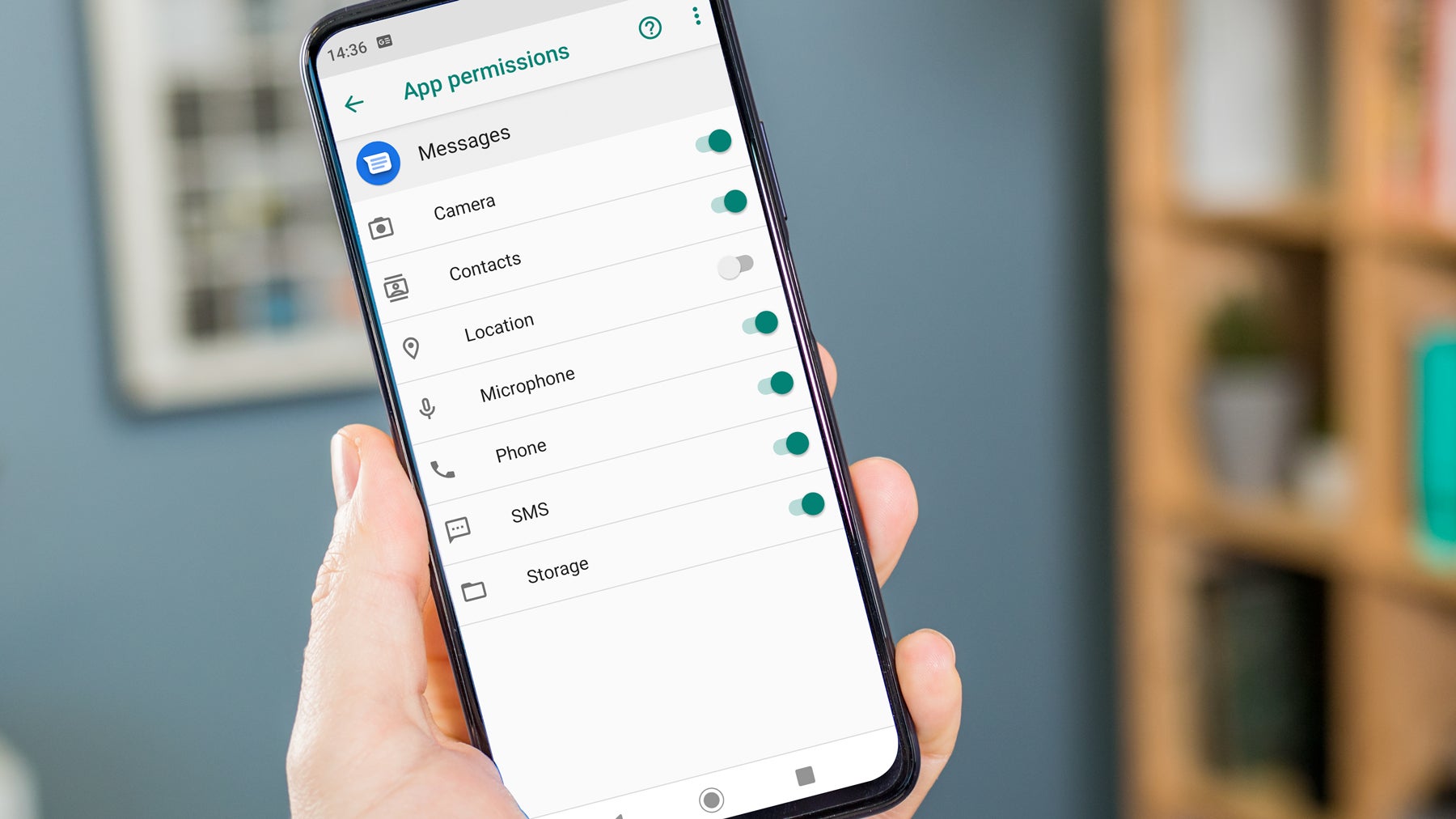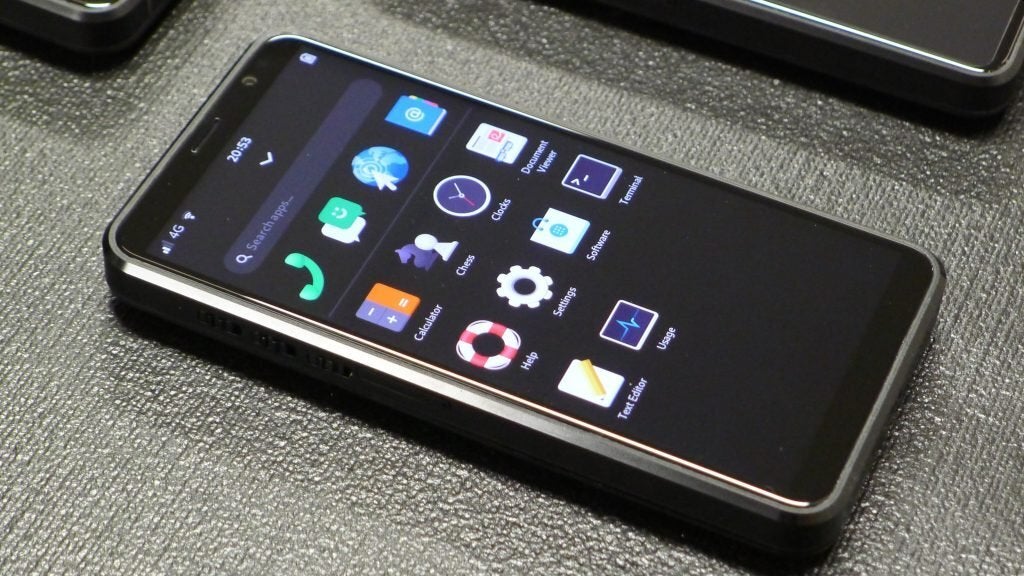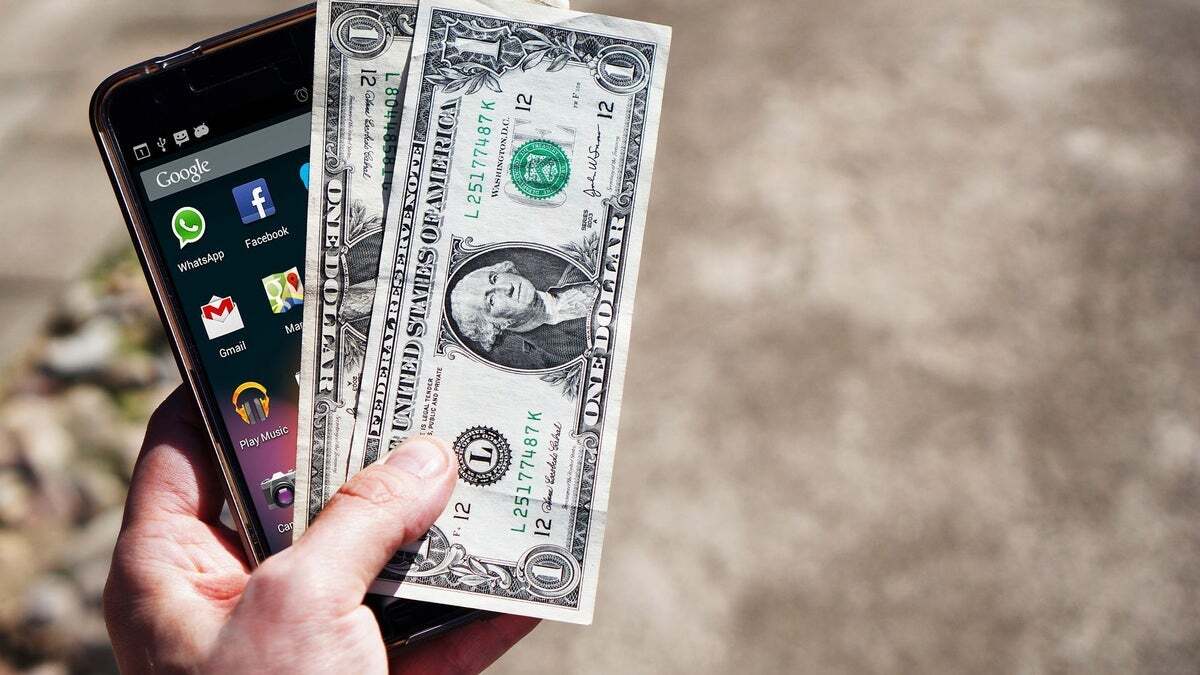We’re on the level in fashionable web historical past the place many web sites are info brokers, buying and selling together with your knowledge. The web, as it’s now, is ad-driven, and firms want knowledge to exactly goal folks with advertisements, like guided missiles.
Smartphones are the right gadgets for granting that knowledge; they’ve the mandatory instruments to trace an obscene quantity of issues about you. Because of the GPS knowledge, they know what locations you go to, what you eat, and in the event you use a health band or a smartwatch, they even know your physique vitals and the way usually you train.
If we go deeper into the monitoring cookies inside smartphone browsers, we are going to discover that they know all of your preferences: what music and clothes you want, what motion pictures you favor, your purchasing habits, what video games you play, and the listing goes on and on. Your smartphone in all probability is aware of you higher than your vital different.
What could be achieved about this?
What’s privateness in smartphone context?
Within the realm of contemporary smartphones and web browsers, privateness refers back to the skill of people to manage and shield their private info from being collected, used, or disclosed with out their consent. This contains searching historical past, search queries, location knowledge, and different delicate info talked about above.
Digital privateness has been an elephant within the room for the previous few many years, however now it has grown in dimension to the purpose the place the room cannot match it anymore. Elaborate metaphors apart, the sheer variety of distributors and companions each website you go to shares your information with is astonishing. One misclick and your knowledge is on its method to a whole bunch of third events.
Technically, websites and firms wash their fingers by permitting you to reject pointless cookies, however more often than not, it’s extremely cumbersome and requires time and a spotlight. We cannot even go that paranoid to say that you could’t even flip your cellphone off (as batteries cannot be eliminated these days). Simply because your cellphone display screen is black does not imply that the modems do not ping cell towers, and there is not any “statistic” knowledge despatched again to the producer, the OS vendor, or any of your put in apps.
However yeah, let’s not get paranoid right here and see what’s being tracked formally on in style Android and iOS telephones.
What’s being tracked?


Android gadgets share varied knowledge varieties with Google to boost consumer expertise and supply providers. Right here’s a breakdown of the important thing classes of information usually shared:- Mannequin, producer, and working system model.
– System identifiers (like IMEI and Android ID).
– Community info (akin to cell service and Wi-Fi community).- GPS and network-based location info when location providers are enabled.
– Location historical past if location monitoring is activated.- App utilization statistics, together with which apps are put in and the way steadily they’re used.
– Interplay knowledge, akin to search queries and exercise logs.- Google Account particulars, together with electronic mail tackle and profile info.
– Sync settings for providers like Google Drive, Calendar, and Contacts.
- Crash and Diagnostic Information:
– Details about app crashes, system efficiency, and error reviews to enhance software program reliability.- Voice instructions and interactions with Google Assistant if voice activation is enabled.- Promoting IDs for personalised advertisements and monitoring advert efficiency.
- Contact and Calendar Information:
– Data from contacts and calendar entries if synced with Google providers.- Cost particulars if utilizing Google Pay or comparable providers.
What about iOS, then? Does your iPhone deal with knowledge sharing in another way? Nicely, it is just like Android, actually. iOS shares varied knowledge varieties with Apple to offer providers, enhance consumer expertise, and preserve safety. Here is the breakdown:
– Mannequin and serial quantity
– Working system model
– Distinctive system identifiers (UDID)- App utilization statistics
– Crash logs and diagnostics
– Efficiency metrics- GPS location info (if location providers are enabled)
– Wi-Fi community information- Information from well being apps and gadgets (if permitted by the consumer)
- Contacts and Calendar Information:
– Data from the Contacts and Calendar apps (if synced with iCloud)- Looking historical past and web site knowledge (if utilizing iCloud or Safari recommendations)- Electronic mail tackle and account settings
– Buy historical past and subscriptions- Downloads and updates of apps
– In-app buy info
For example you do not need to share all these with anybody. Is there such a factor as a “privateness smartphone” that does not observe you, take heed to you, or share something about your exercise?
Are there any privateness telephones that do not spy on you?
The easy reply is sure. A number of manufacturers and fashions give attention to privateness and supply options akin to {hardware} switches to show off location providers, Wi-Fi and mobile modem {hardware} kill switches, preloaded safe apps, military-grade encryption, and so forth.Let’s title just a few, together with professionals and cons.
PinePhone ($149-$199)


The PinePhone is one other privacy-focused smartphone that runs Linux at its core. It options {hardware} kill switches for the digicam, microphone, and Wi-Fi/Bluetooth, offering the perfect analog stage of safety you’re going to get now. You bodily disconnect these components, so no energy is distributed to them, so they’re actually, really off.
The cellphone is customizable and repairable, and Purism, the corporate behind the Librem 5, prioritizes moral sourcing and manufacturing practices in the event you additionally care concerning the surroundings.
Nevertheless, just like the PinePhone, the Librem 5 suffers from limitations akin to not having precisely polished software program, restricted app availability, and efficiency points. The newest fashions should not low-cost, both, beginning at $799 for 32GB of onboard storage, 3GB of RAM, and a 1.5GHz quad-core processor. These should not even mid-range specs in 2024.
Librem 5 ($799)


The Librem 5 is one other privacy-focused smartphone that runs Linux at its core. It options {hardware} kill switches for the digicam, microphone, and Wi-Fi/Bluetooth, offering the perfect analogue stage of safety you’re going to get in the meanwhile. You bodily disconnect these components so no energy is distributed to them, so they’re actually, really off.The cellphone is customizable and repairable, and Purism, the corporate behind the Librem 5, prioritizes moral sourcing and manufacturing practices in the event you additionally care concerning the surroundings.
Nevertheless, just like the PinePhone, the Librem 5 suffers from the constraints of not having precisely polished software program, restricted app availability, and efficiency points. The newest fashions should not low-cost too, beginning at $799 for 32GB of onboard storage, 3GB of RAM, and a 1.5GHz quad-core processor. These should not even midrange specs in 2024.
Blackphone 2


The Blackphone was one of many first telephones with privateness as a spotlight, and that is why it makes this listing. The cellphone has been lengthy gone, and the Silent Circle firm behind it now presents software program safety options.
It ran on a custom-made model of Android, designed to attenuate knowledge leakage and shield consumer privateness. The cellphone included safe communication apps for personal calls and messaging and obtained common safety updates.
You’ll be able to nonetheless discover one on eBay, however utilizing it is likely to be extra irritating than utilizing a dumb cellphone. This leads us to the unhappy conclusion of this text. Sure, there are privacy-oriented smartphones, however would you be okay with all of the cons and the steep value to purchase one and rock it as a day by day driver?
Would you purchase one?


Until you are an NSA agent, a billionaire, a wished felony, or only a very paranoid particular person, the reply might be no. These privateness telephones include too many flaws to be related and cozy for day-to-day use, and their value can also be fairly steep.
It is a vicious circle. There’s not a lot demand for these telephones, to allow them to’t promote in portions to permit decrease costs. They’re area of interest gadgets for lovers and folks with… explicit occupations and wishes, let’s put it this manner.
What about you? Would you purchase a privateness smartphone to get off the hook and vanish from the Capitalist society’s radar?


